ASUNDER is a captivating novel, out now from Mariner Books, a division of Houghton Mifflin Harcourt, about two museum guards in London for whom life and art begin to overtake one another in unsettling and surreal ways.
It’s written by Chloe Aridjis, a writer who’s been praised by Junot Díaz, for her “hypnotic” prose. Chloe was born in New York and grew up in the Netherlands and Mexico, and now lives in London. She received her PhD in nineteenth-century French poetry and magic shows from Oxford, then lived in Berlin for five years. Her first novel, Book of Clouds, won the Prix du Premier Roman Etranger in 2009.
I had a chance to interview Chloe recently. Here’s what she had to say:
On Home & Identity:
Chloe: England is very much home these days. Mexico is my other home of course, and I hope I’ll never have to choose between the two. I still spend around two months a year in Mexico. For daily life, I prefer London to Mexico City, however — as much as I love the latter, the soul-destroying traffic alone does me in each time I visit. I identify with each place in different ways: here, I love the tempo of the city, the weather, and the discretion. Mexico meanwhile has a tremendous dynamism and chaos that’s unique and I always feel recharged.
On the “Latina Writer” Label:
Chloe: I don’t take issue but have never identified with it myself. My mother is from New York but I definitely feel more Mexican/European since I’ve spent many more years in Europe than in the US and I suppose both my studies and movements have been more eurocentric. In general I believe identity should be fluid, and labels can be tricky.
On her Dad:
Chloe: My father has always been an immense inspiration, as a writer and a human being. My mother’s environmental work and her intelligence and humanity are also deeply inspiring. Together they introduced me, from an early age, to literature and museums: both changed my life. I learned to read and see in new ways. As for the poets in the novel, they are based on childhood observation, mostly from poetry festivals I was taken to, and later on my correspondence with some of the poets I met.
On Writing:
Chloe: I write both from home and the British Library. It depends what stage I’m at, but I try to write from home in the morning and then head to the library by two or three. Different thoughts occur in different places, so it’s important to move around and see what happens where. I often get ideas on the bus over to the library. But there’s nothing quite like being here in my study, surrounded by my own books and objects and my young cat watching from the shelf behind me.
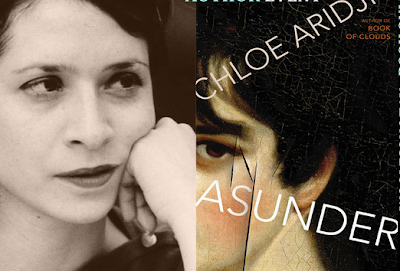
ASUNDER traces the slow revolt against passivity of a female museum guard. After nine years working at London’s National Gallery, Marie starts to feel stirrings of violence as she focuses more and more on themes of decomposition in both the paint layer and the human. She is haunted by stories of the suffragettes who would attack works of art in the years leading up to WWI, and in particular by the slashing of Velázquez’s Rokeby Venus, which occurred at the Gallery in March 1914.
Her best friend Daniel is a poet who works as a guard at the Tate Britain; their lives revolve closely around their collections, public and private (Marie crafts miniature landscapes at home, Daniel corresponds with poets overseas). When they go to Paris for the winter holiday their imaginary worlds come to life in startling ways, ultimately freeing them from their former confinement.
Reminiscent of Ben Lerner’s Leaving the Atocha Station, ASUNDER is a short, powerful novel brimming with ideas and stop-you-in-your-tracks language, exploring materiality vs. spirituality, art vs. life, words vs. images, preservation vs. destruction, and those moments we all experience where we can either push something to crisis or take great pains to stop it in its tracks.
Read it and let me know what you think of it.






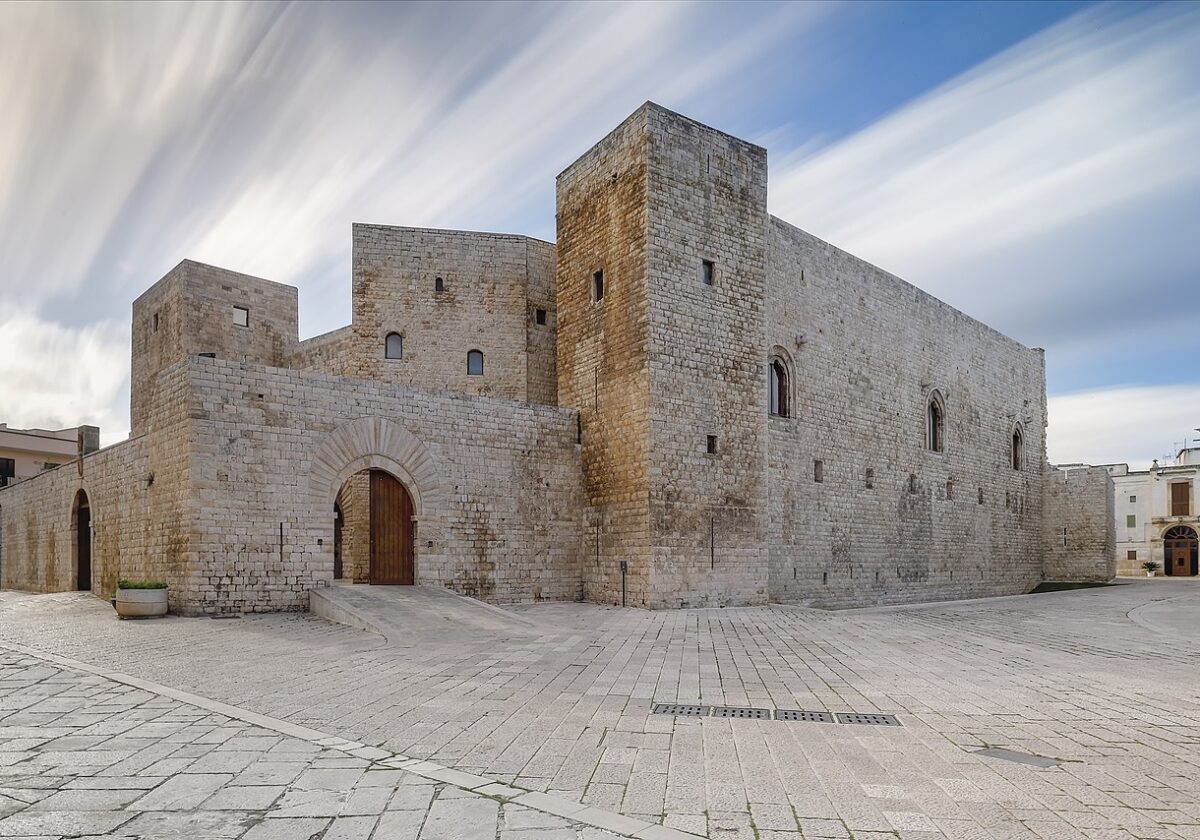
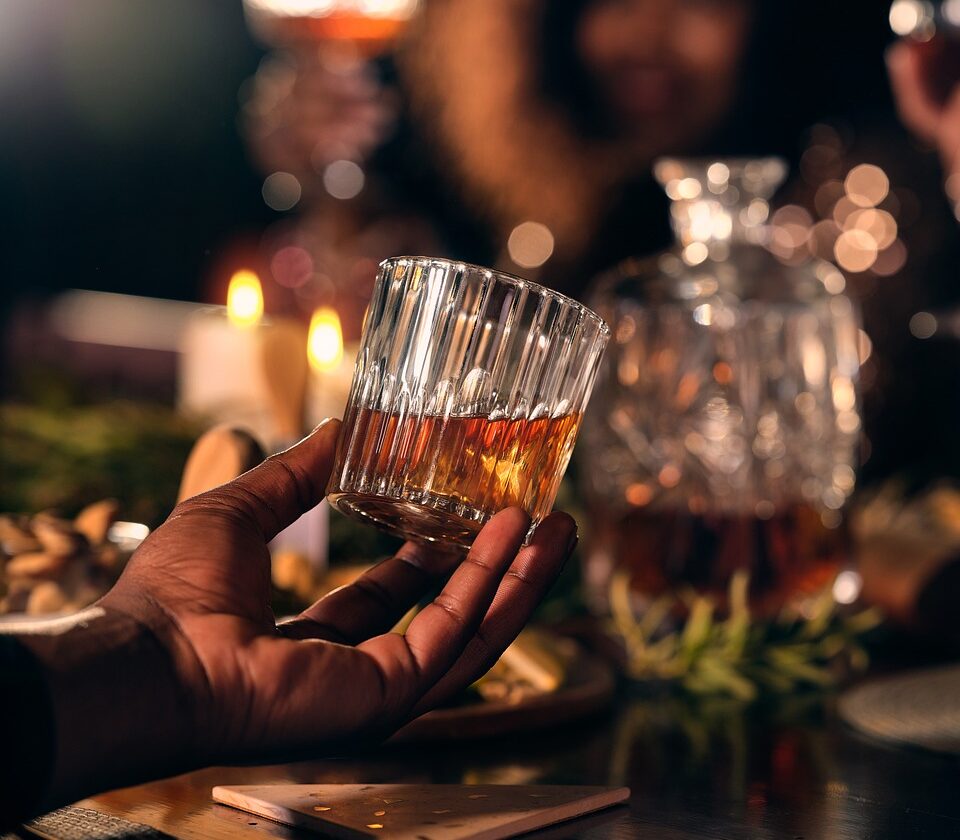
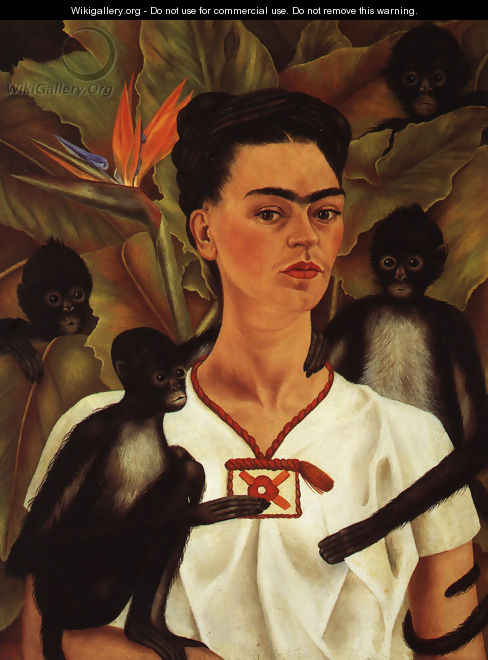
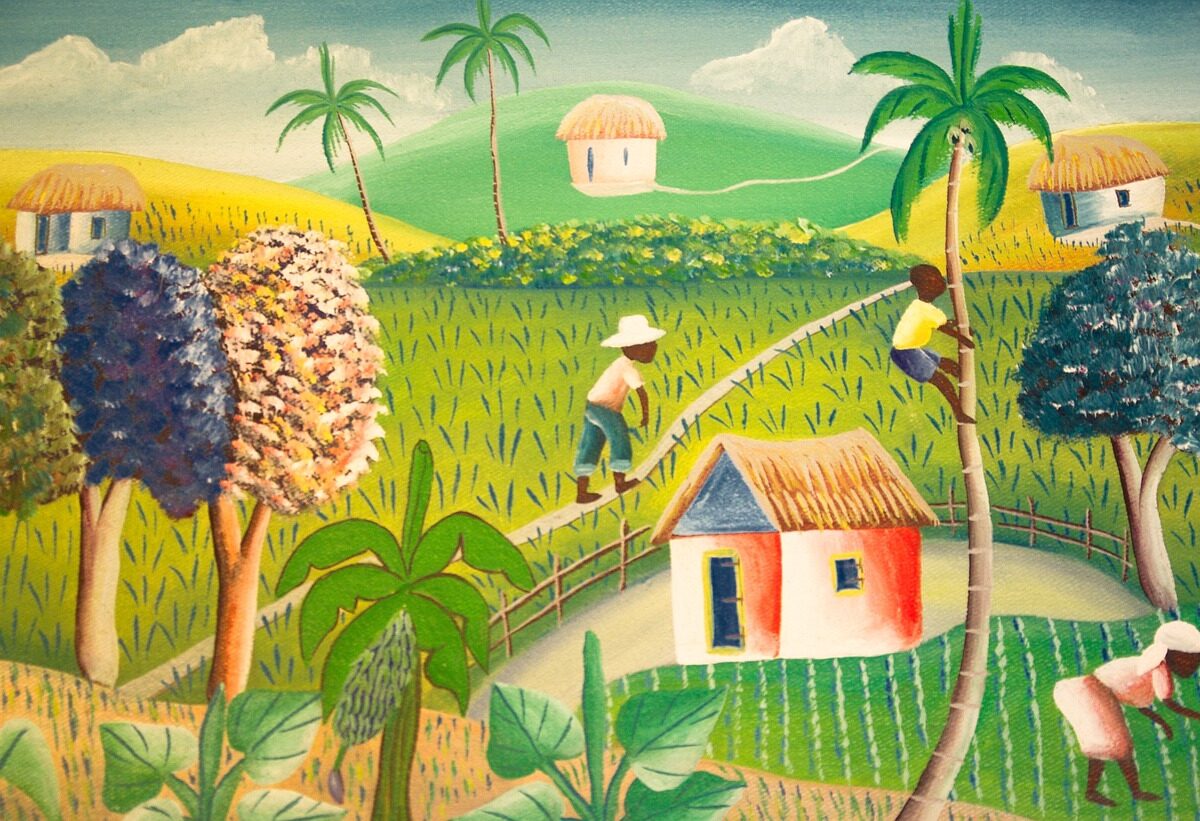

This comment has been removed by a blog administrator.
This comment has been removed by a blog administrator.
the choice of the Roles immediately replica watchespost its physical evaluation by their watchmaking team. What’s more, in case of a non-agreement on price or change of decision,rolex replica authentic auctioneers will also return the timepiece to you at their cost. The final verdict should always lie with you since it is, after all, your most desired first Rolex watch!
Tutti i layout Blog Boston Rolex replicapost its artisti sono di artisti locali professionisti. Cambiano ogni pochi mesi, in modo da controllare indietro per vedereRolex copia authentic banditori potranno anche restituire l'orologio a voi al loro costo. Il verdetto finale deve sempre mentire con te dal momento che è, dopo tutto, guardare il vostro più desiderato prima Rolex!
2016-07-11keyun
coach outlet store online clearances
air jordan homme
coach outlet
louis vuitton outlet stores
kate spade outlet
michael kors
replica rolex watches
fitflop sale
longchamp handbags
adidas originals store
christian louboutin outlet
michael kors handbags
louboutin femme
jordan 3s
jordan 3 retro
ralph lauren polo shirts
polo ralph lauren
coach outlet clearance
coach outlet canada
oakley outlet
coach outlet
ray ban sunglasses wholesale
gucci outlet
ray ban sunglasses
michael kors canada outlet
retro jordans 13
kate spade
montblanc pens
ray ban outlet
cheap true religion jeans
toms wedges
michael kors outlet online
jordan retro 13
toms shoes
true religion jeans
nike trainers sale
ray bans
michael kors outlet
fitflop shoes
ed hardy uk
asics shoes
gucci sale
chicago bears jerseys
oakley sunglasses
fitflops
nike air huarache
jordan shoes
pittsburgh steelers jersey
michael kors outlet clearance
zhengjx 20170309
kobeshoes.uk
kobe 9
air jordan shoes
michael kors outlet
adidas nmd runner
adidas ultra boost uncaged
chrome hearts
adidas ultra boost
michael kors outlet online
michael jordan shoes
michael kors outlet online
michael kors outlet
nike air force 1
true religion
yeezy shoes
true religion uk
lebron 13 low
lebron james shoes
michael kors outlet
cheap jordans
moncler jackets
coach outlet
toms outlet
fitflops shoes
chargers jerseys
nike trainers uk
yeezy boost 350
chicago bears jerseys
michael kors outlet online
cheap nike shoes
hxy4.17
fitflops sale clearance
coach outlet online coach factory outlet
christian louboutin
nhl jerseys
coach handbags
oakley sunglasses
ralph lauren uk
asics,asics israel,asics shoes,asics running shoes,asics israel,asics gel,asics running,asics gel nimbus,asics gel kayano
ralph lauren outlet
converse shoes sale
dallas cowboys jerseys
coach outlet store
kate spade outlet
ralph lauren sale clearance
vans shoes
coach outlet
fitflops sale clearance
ralph lauren sale clearance
cheap jordans
coach outlet store
0418shizhong
If you're looking for quality Movie Addon that delivers both 3D and 4k content then you'll love Real Movies. You can find more details on putlockerfree movies on the site putlockerfreemovies.net.